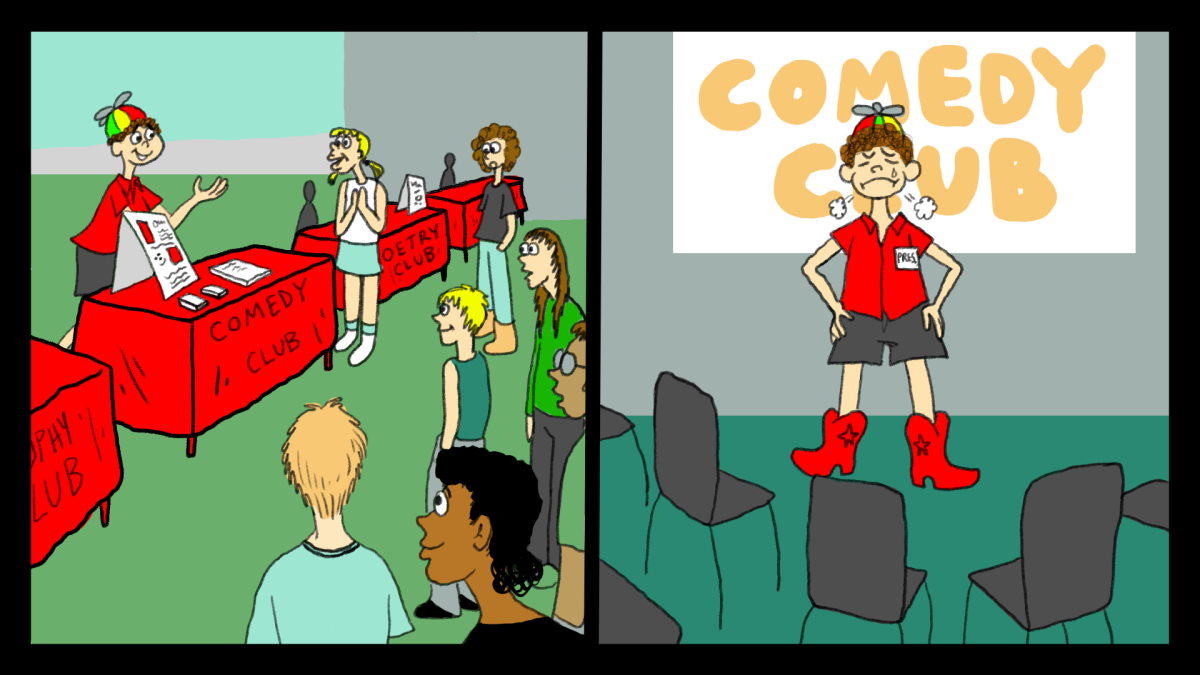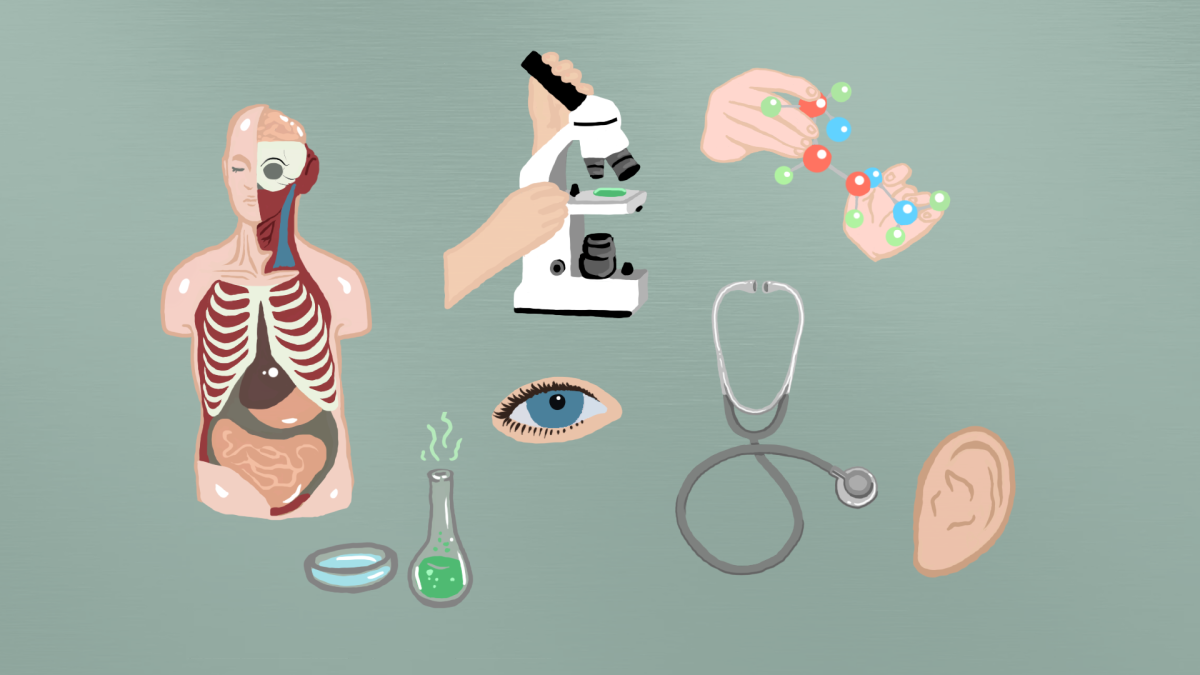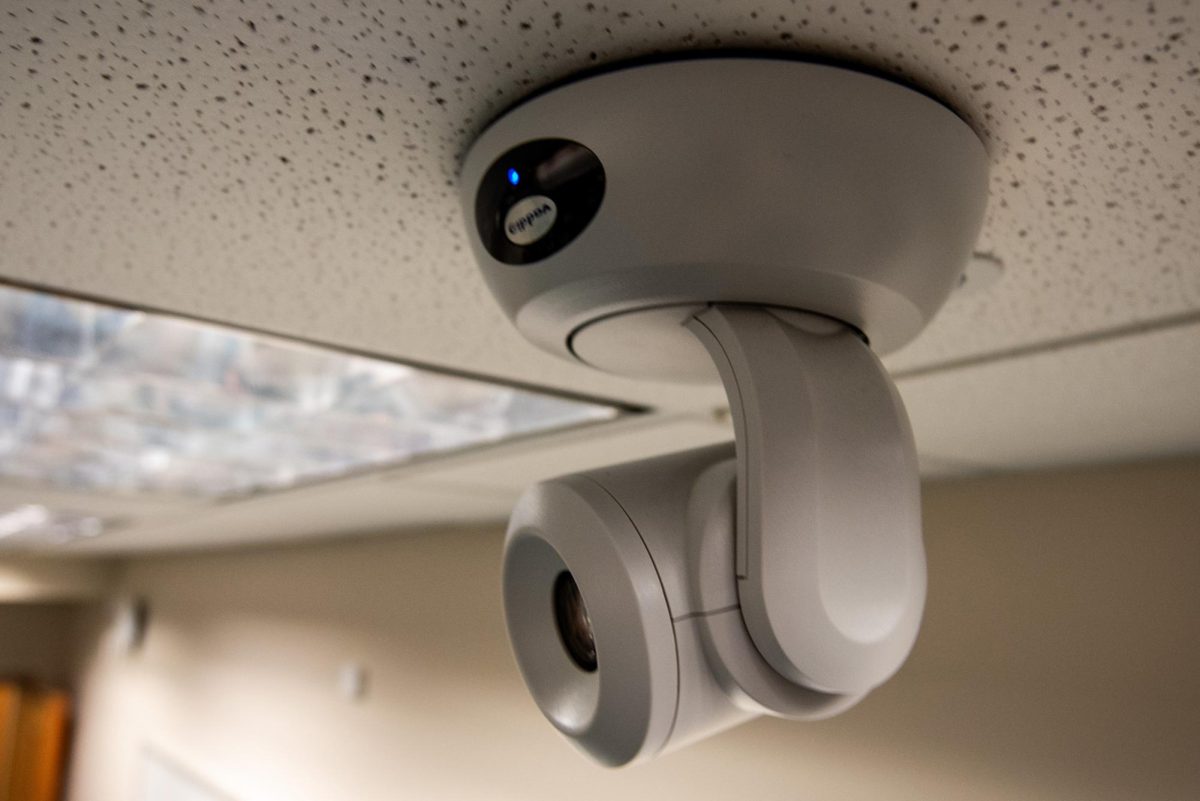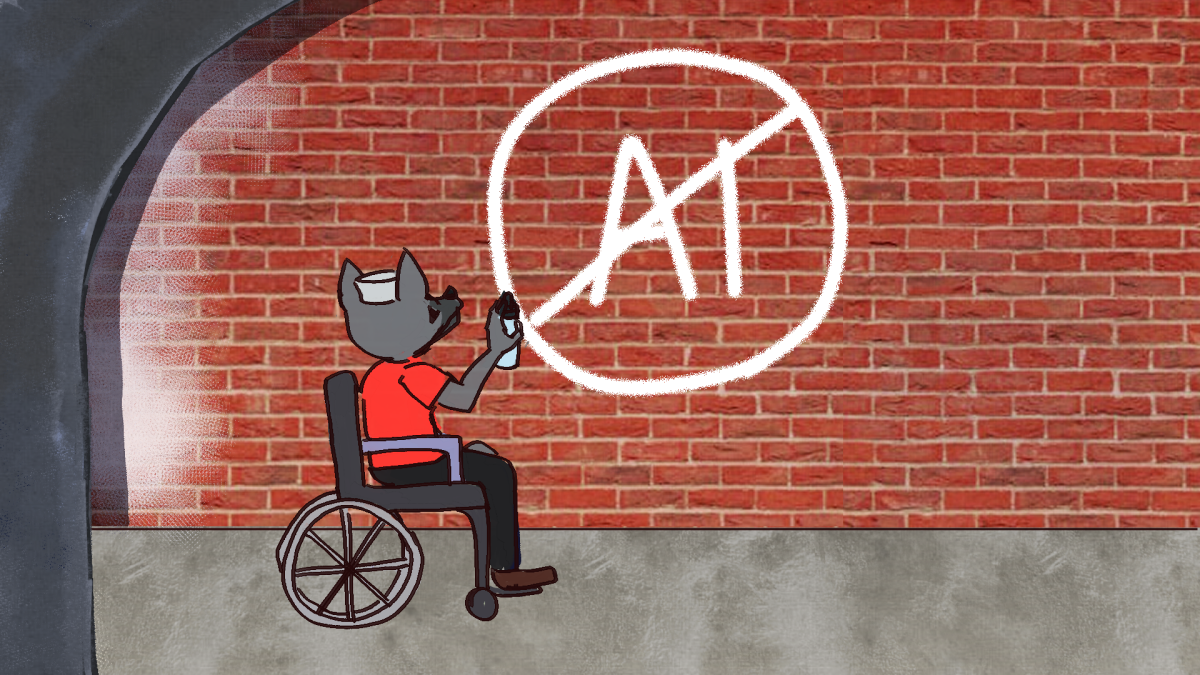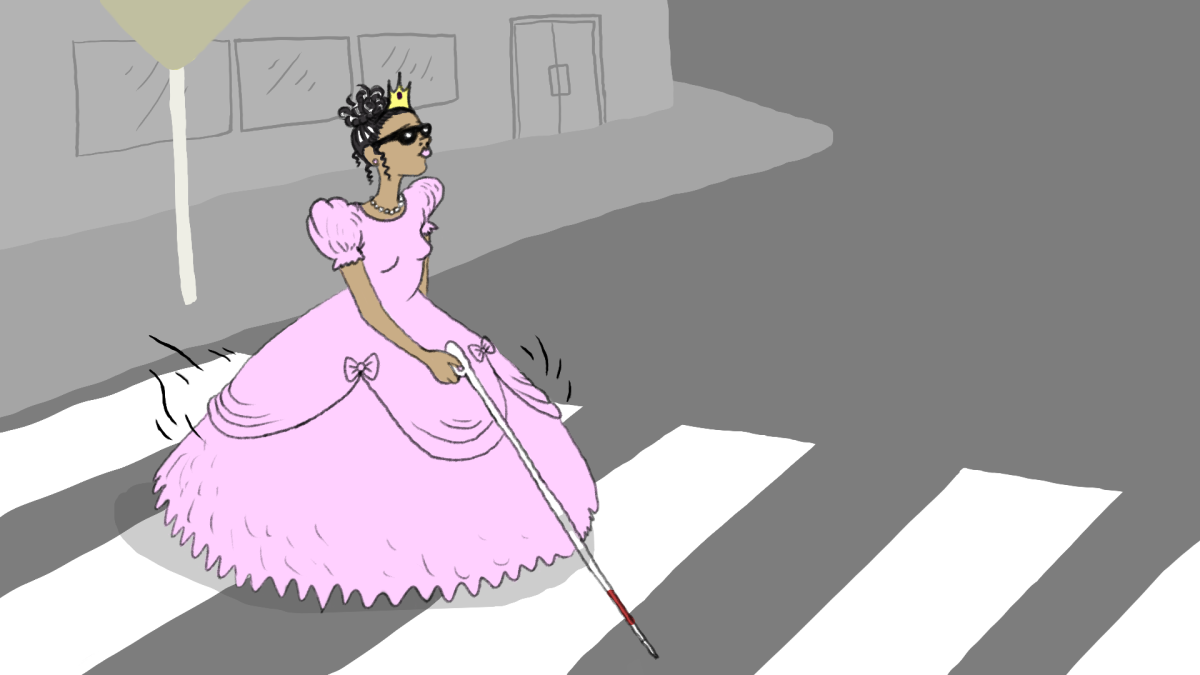The heightened use of facial recognition technologies prompts several key ethical issues. Many opponents of facial recognition technology focus on traffic cameras and ID’s, but what many our age forget is that social media companies perpetuate this dangerous information leak. NC State does a good job of arming its student body with tools to navigate technology. Whether due to classes or our prevalent online presence at the moment, we have most likely been versed in some form of technology and can survey data in any capacity. However, despite NC State preparing our generation for enhanced technology hurdles, we forget the negative aspects of facial recognition technology, especially when it relates to social media.
The overall ethical issue surrounding both facial recognition software and Radio Frequency Identification (RFID) is that they “can be used at a distance, without people’s awareness,” according to The New York Times. Is it increasingly obvious that the negligence of responsibility and rationale is so prevalent in both technologies, especially in terms of communication between tech companies and their consumers. Tech companies create massive amounts of capital from the information they gather from consumers.
In facial recognition, individual right of security is a highly contested topic, along with the lack of knowledge or awareness the general public holds. It is conveniently unclear how most of this technology harms the average person in day-to-day activities. Through unregulated facial recognition software, a face can be collected and accessed without one’s knowledge or permission by anyone who has access to social media apps, information-seeking political forces and/or the government, which is a violation of one’s right to privacy.
Another key ethical issue of facial recognition is the lack of autonomy one has over when, where and how their face or information will be used. Our campus keeps tabs on our whereabouts, using ID cards that allow us to enter buildings, and keep track of who was there and when they were. However, is that really in our best interest? The lack of knowledge and autonomy of what one is being looked at for, what information is being taken and how it’s being perceived and used is rightfully concerning to many.
Facial recognition affects one’s life interpersonally and on a larger scale. It is a breach of one’s privacy, and “the potential exploitation of face recognition to identify ordinary and unwitting citizens as they go about their lives in public” signals a few things about our developing society. One can be that while scanners and cameras and DMV pictures are able to be accessed by almost anyone who has the time, finances or government backing, it is a sentence of guilt until proven otherwise essentially.
This is the major issue. As students, we all have our “facial footprint” somewhere out there. We all have ID cards from NC State so our face is connected to this institution. While that may not be concerning at first, there are many out there who have ill intentions, and is our information that we give to our school or other trustworthy institutions really safe from those who wish us harm? Especially when it comes to those who are constantly persecuted for how they look, talk, who they love or where they’re from.
Having an “eye” on all citizens not only exemplifies distrust in the population but also automatically criminalizes individuals while creating a whole new stigma for social interactions. Now, every movement you make, every stoplight, every hotel is being tracked, and the knowledge that we are always being watched “inhibits people’s normal behavior outside their homes.”
While we cannot ignore the technology in our life, we need to make the technology more secure in order to protect information leaks, especially when they are attached to our faces. These issues are ones that should be voiced to your local representative in order to push protective legislation into place. Tech companies are for-profit and will use the information we provide them whether we know of it or not, so with necessary protections on net neutrality, it is possible to protect consumers from others misusing their private information. Most importantly, it is essential that, as prominent technology users, we educate ourselves on where our personal information is going.
It would be naive to believe that without this technology, we’d live in a perfect world without discrimination or deception, as those two characteristics will outlive our species. However, I am strongly inclined to believe that the existence of facial recognition and the way it is used really does not keep us safe. In fact, I hypothesize that hyper-awareness of RFID and facial recognition technology may breed “better” and make it harder to catch criminals.



